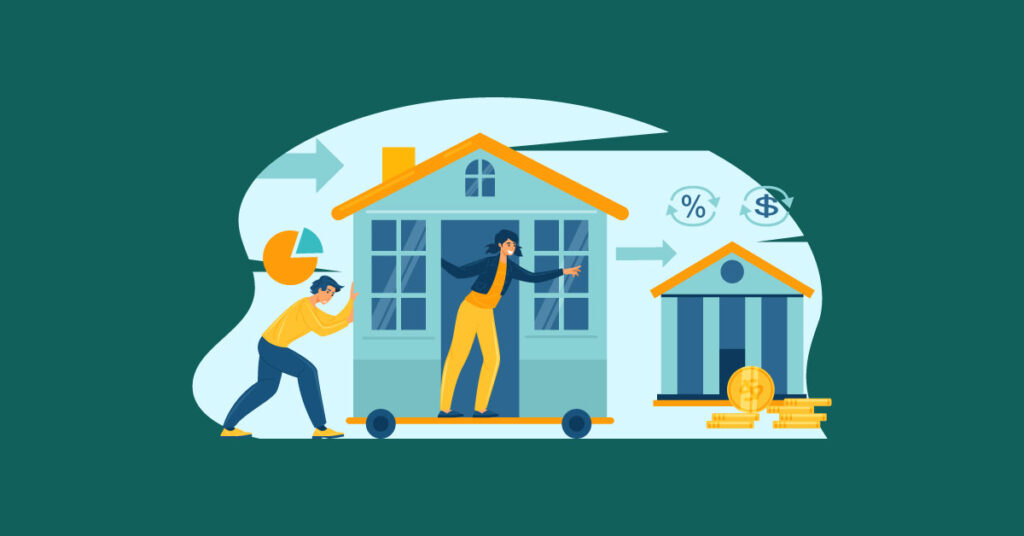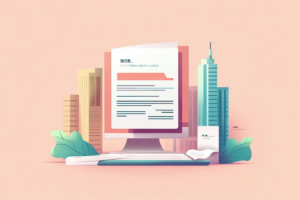Many homeowners choose to refinance their mortgage one or more times to help reduce their monthly payment amount and take advantage of lower interest rates and other terms. The key is understanding what you are undertaking when you take out a mortgage and weighing the pros and cons before making any decision.
Refinancing is a wise option in many cases, but you need to know the upfront and long-term costs of your decision to determine if it’s the best choice. To make an informed and financially sound decision, learn more about what is involved when refinancing a home multiple times.
How Many Times Can I Refinance My Home?
Technically, you can refinance your mortgage as many times as you want. There is no limit imposed. However, lenders may have requirements to meet before you qualify for a new mortgage loan. A waiting period after closing on a loan is one of the most common. This is typically six months or more. Government mortgages, such as VA loans and FHA loans, generally require a wait of 210 days.
The type of mortgage you should choose depends on the purpose of the refinance and your future goals. Are you looking to make extensive renovations, get better loan terms, or just lower your monthly mortgage cost? There are both private mortgage lenders and government-backed options to compare.
Do you have any prior experience in the military? If so, you could qualify for a loan through the Department of Veterans Affairs, which may entitle you to better loan terms. Consider your options and get rates from several reputable lenders to compare the value before you make a decision.
The Cost To Refinance a Home Multiple Times
You should only refinance your mortgage if it makes financial sense. A lower interest rate due to a boost in your credit score isn’t always enough of an incentive. You must look at the overall cost of the refinance, taking into consideration your plans and the closing costs that come with a new mortgage. These fees include:
- Appraisal
- Inspection
- Credit check
- Application
- Title search
- Insurance
- Attorney fees
On average, you can expect to pay between 2% and 5% of the total cost of the loan for closing costs. If you plan to live in your home for many years and can secure a significantly lower interest rate, then multiple mortgage refinances can make sense.
Considerations and Qualifying Criteria for Refinancing a Mortgage

When debating the benefits and disadvantages of refinancing your mortgage again, make sure you consider the following.
You Must Pay Additional Closing Costs
As already discussed, you are responsible for paying closing costs for each new mortgage you take out. The average price of closing costs for mortgage refinance was around $2,398 in 2021. This expense can quickly add up and outweigh the savings you receive on interest if you refinance too often at mediocre terms.
You Risk Prepayment Penalties
Some loan terms come with a penalty fee if you pay the loan in advance. This isn’t always the case, so know your current mortgage loan terms before you decide to refinance.
You Have to Qualify for a New Mortgage
Many homeowners opt to refinance their mortgages due to changes in their credit. If you had previous credit problems but worked hard to reduce debt, increase your income, and improve your credit history and score, a refinance loan is likely a smart decision.
The opposite is also true. If your credit rating and financial situation have declined since your last mortgage, it’s unlikely that you’ll qualify for more favorable terms than you already have.
How to Determine if Refinancing More than Once Is the Right Move
There are several factors to consider when deciding if a mortgage refinance is right for you. Here are some of the reasons why you should go ahead with it:
- Lower interest rates: If your new interest rate is at least one percentage point lower than the one you have now, the future savings is usually enough to offset the closing costs and make the new loan worthwhile.
- Trouble making payments: Homeowners who experience financial difficulties and have trouble staying current with their mortgage payments should consider refinancing. A lower interest rate can reduce your monthly payment and make it easier to manage. Look into the overall cost, and try to avoid refinancing to save money now if you just end up paying more over time.
- Increased credit score: When you see a significant improvement in your credit score, it’s a good idea to explore your options for a new mortgage. Your increased creditworthiness most likely qualifies you for better rates and loan terms now that your situation has improved and you’ve shown yourself to be a low-risk borrower.
- You want a cash-out to refinance: Sometimes, you need access to some extra cash to make home improvements or to take care of a big expense or debt. In these cases, the higher interest rates associated with a cash-out refinance mortgage is worth considering.
- Eliminate private mortgage insurance: Most mortgages require that you pay private mortgage insurance. After you build up enough equity, this requirement may lift. A new mortgage without this expense is an opportunity to save.
The most important thing when refinancing your mortgage multiple times is to take a close look at your unique circumstances. Avoid getting swayed solely by current interest rates. Understand your financial situation, creditworthiness, and the actual savings you’ll see if you refinance. Compare rates and terms from several lenders, and if a new mortgage results in significant savings, go ahead and move forward with your choice.
You might also be interested in: 9 Tips To Consider Before Refinancing Your Mortgage Loan







